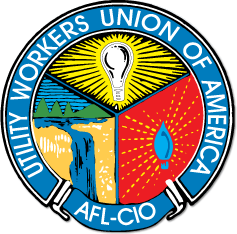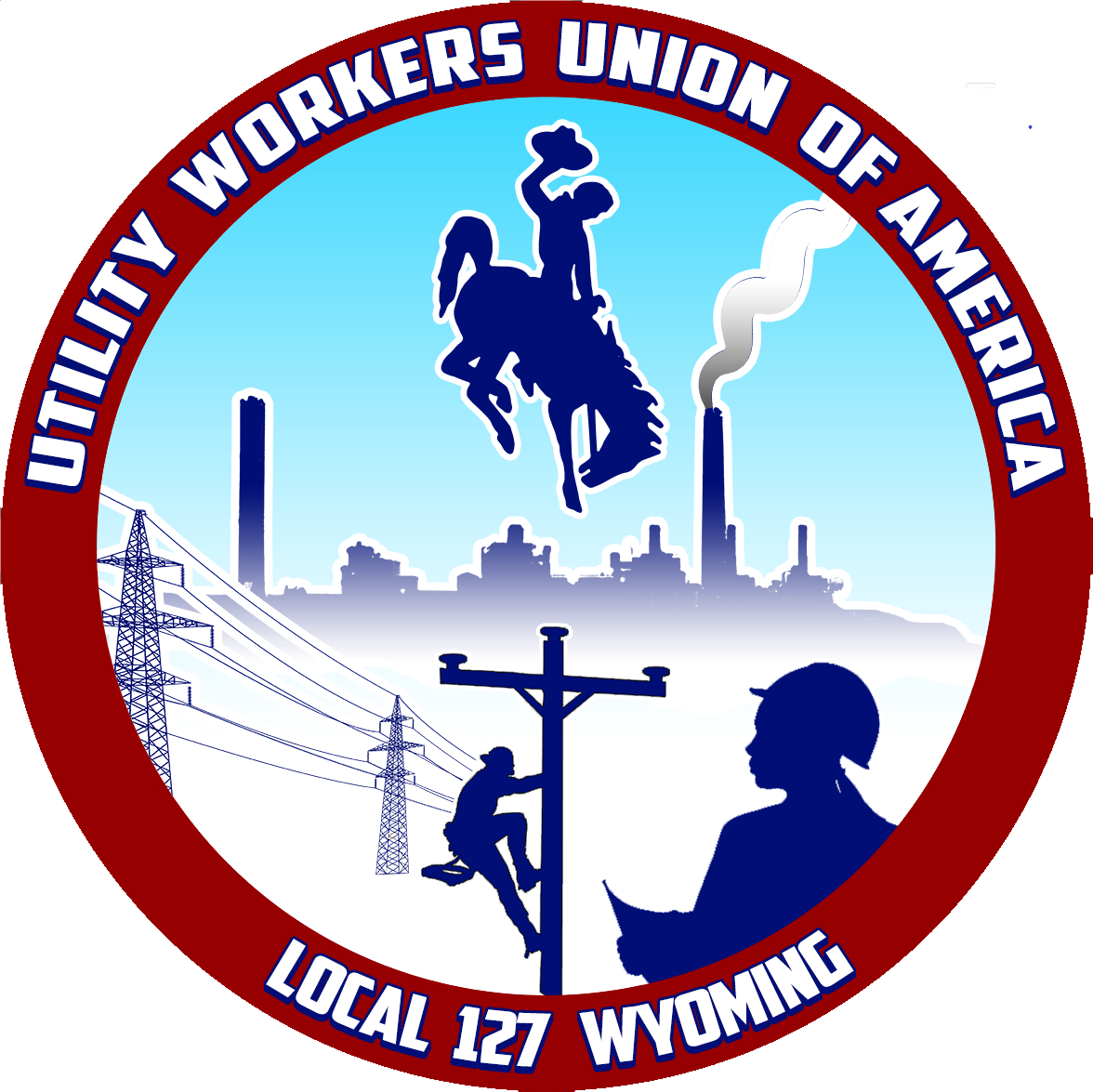Because of actions taken by state legislatures, twenty-four states—in the South, Midwest and Southwest—are “right to work” states. This commonly used term is actually quite misleading since the “right” given by these laws is not in any sense the right to be employed. Rather, those working in a “right to work” state have the “right” to enjoy so me of the benefits of union protection without paying a cent for them. For private sector employees in such states, as well as for a number of public sector workers across the country, as a matter of law individuals may not be required to contribute financially to the cost of that representation. Workplaces covered by this type of arrangement are referred to as “open shops.” Dues-paying members often refer to workers who refuse to pay their fair share for the union’s work as “freeloaders” or “leeches.” me of the benefits of union protection without paying a cent for them. For private sector employees in such states, as well as for a number of public sector workers across the country, as a matter of law individuals may not be required to contribute financially to the cost of that representation. Workplaces covered by this type of arrangement are referred to as “open shops.” Dues-paying members often refer to workers who refuse to pay their fair share for the union’s work as “freeloaders” or “leeches.”
—Adapted from The Union Member's Complete Guide, by Michael Mauer |

